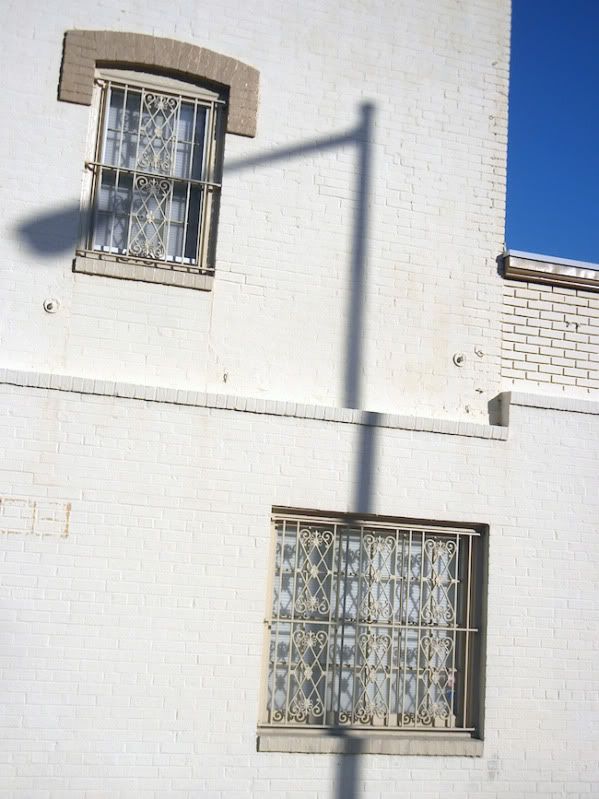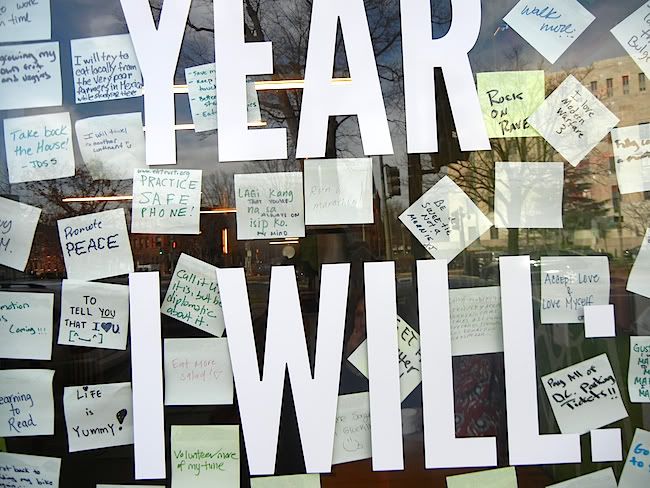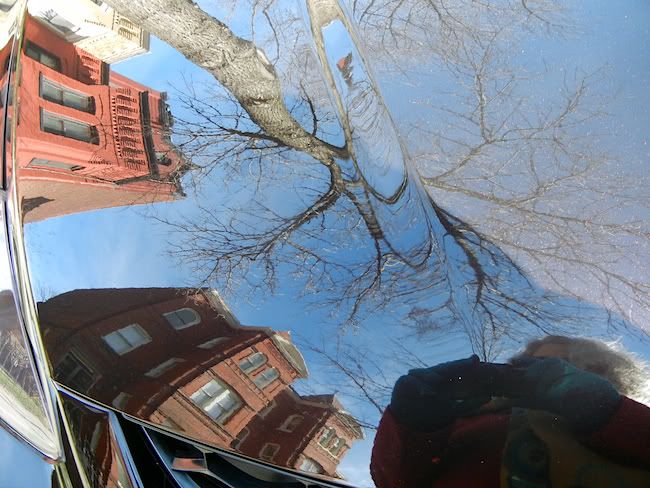
Accumulations and dispersals are seasonal in the natural world.
In bodywork as well as other healing modalities, we work with accumulations and dispersals. Accumulations might refer to muscular adhesions or a headache brought on by an accumulation of too much work, sleep, food or alcohol. Dispersals refer to the release of pent up energies in the body, leading to a more relaxed state of being. When clients take a deep breath, when I feel the tissues under my hands palpably soften, I know they have successfully dispersed an unhealthy accumulation.
Anorexia is a condition in which the person suffering can not or will not accumulate nutrition. People with "restless leg syndrome" have accumulated way too much tension. Their nervous system gets caught in a loop from which it's hard to disengage.
Sometimes I see people who can't stop talking, such as at a restaurant I'll see a group of people together in which one person is dominating the conversation. The captive audience, I mean the other people at the table, look glazed, bored, annoyed. They fidget so much you would think the talker would notice. The non-talkers at the table begin at some point to wave at the waiters, desperate as they are to bolt out the door as soon as they receive the check. Meanwhile the talker drones on and on, oblivious, or incapable of stopping. In Chinese medicine that's a quality of the element of wood. I see it as an accumulation of internal energy that seriously needs expression. Non-stop talkers need more physical exercise, at least that's my opinion.
When I see small children in the midst of meltdowns, I wonder if they're dispersing an accumulation of emotion or are pushing hard against exhaustion or if somehow they're stuck, like the endlessly chattering person in the restaurant, like the person with "restless leg syndrome," in a hellish loop from which there seems to be no escape.
At times it's important to accumulate, like right now I'm on my fourth day of taking Claritin for springtime allergies. It takes about a week to ten days for the medicine to reach a critical mass in my body chemistry. Until then I continue to sneeze as if I weren't addressing the symptoms. Ah-choo! Sleep deprivation will not be "cured" by one night of good sleep. The benefits of sleep are cumulative as are the benefits of exercise, meditation, and prayer. In bodywork and psychotherapy (at least), the accumulation of regularly scheduled sessions will exponentially increase the benefits.
Sometimes dispersals are hard on people. Losing a lot of weight quickly (for instance) puts a terrible strain on the heart especially but also the liver and kidneys. At times, accumulated emotions burst out of the person who has been trying to restrain herself at which point she will inevitably blow her stack, sometimes ruining relationships or damaging her chances of being promoted, that sort of thing. Sometimes a sudden dispersal is life-saving. If you've ever had food poisoning, you know what I'm talking about!
Try as we might to be perfectly balanced beings, somehow we seem only capable of grazing the moment of balance before tipping over into another imbalance. One thing I'll say about we wildly diverse human beings - we are never boring! Well, hardly ever.
May your day feel balanced today! Shalom.









